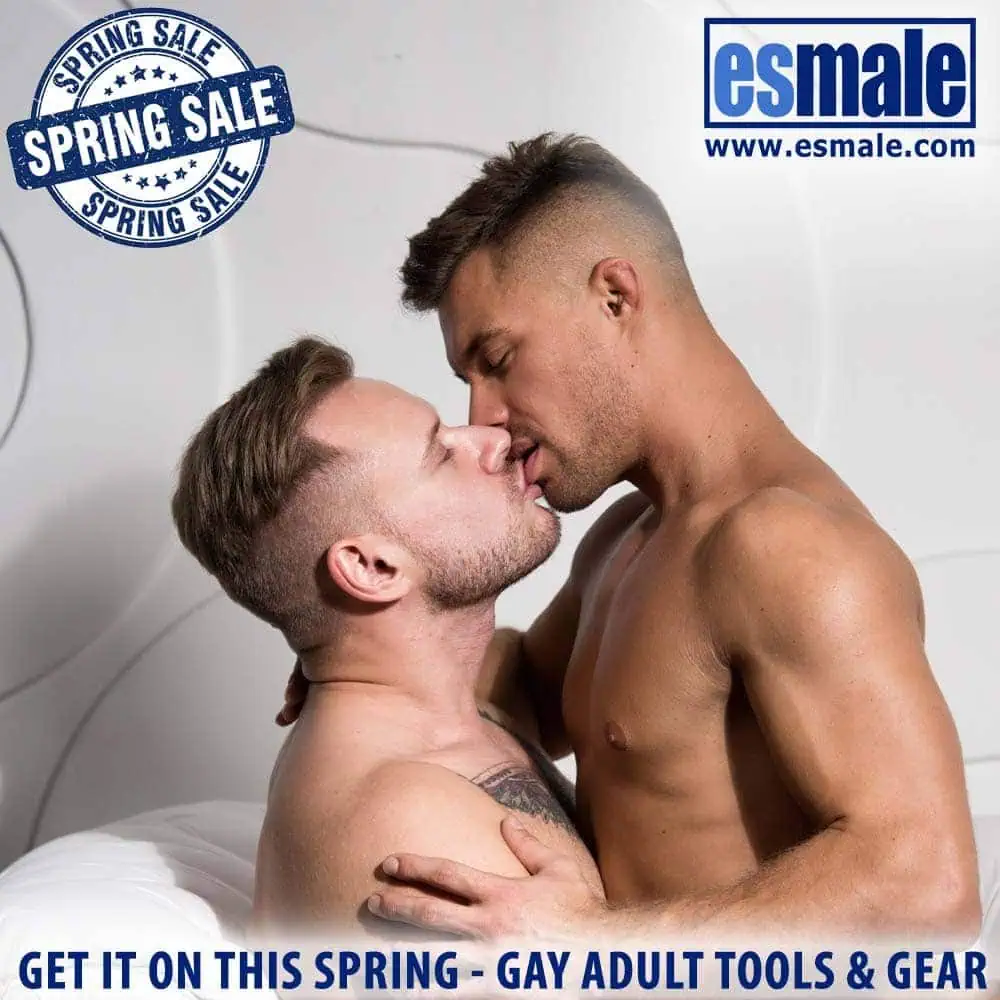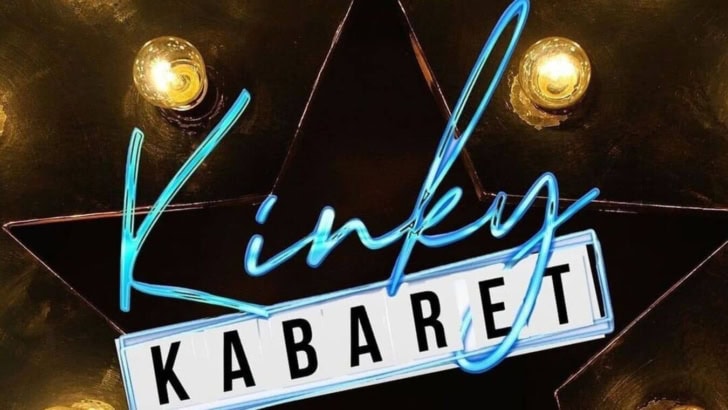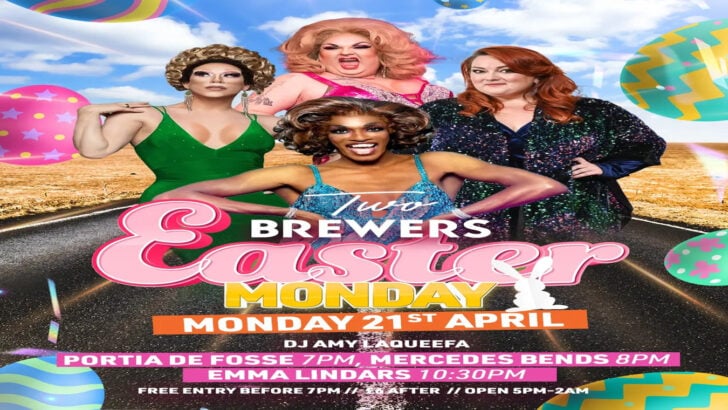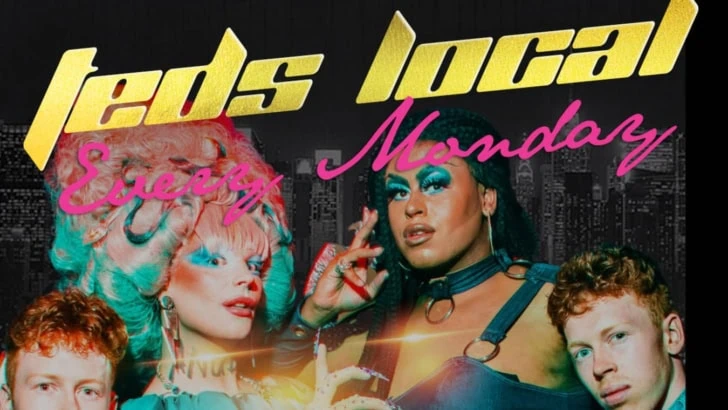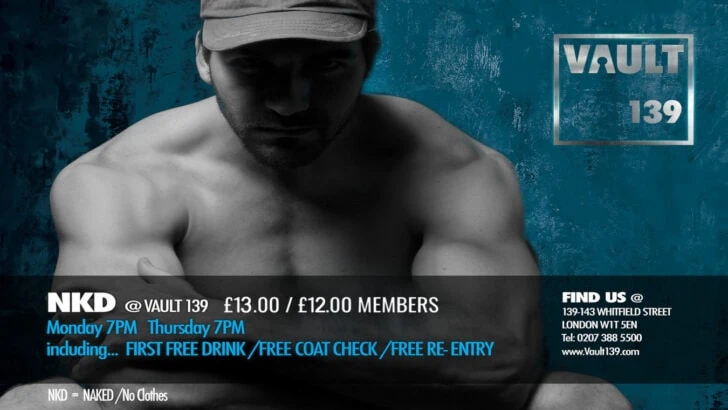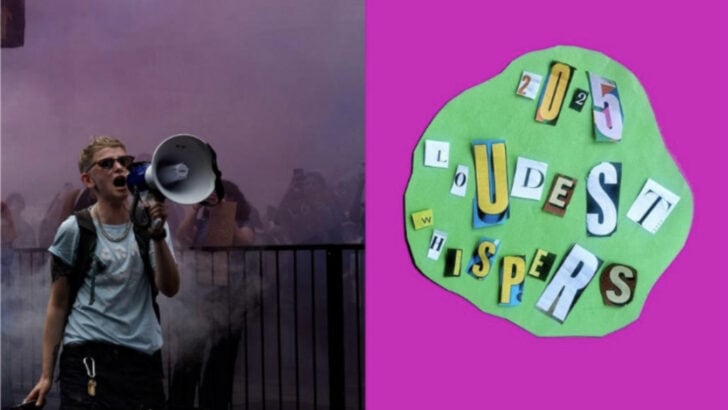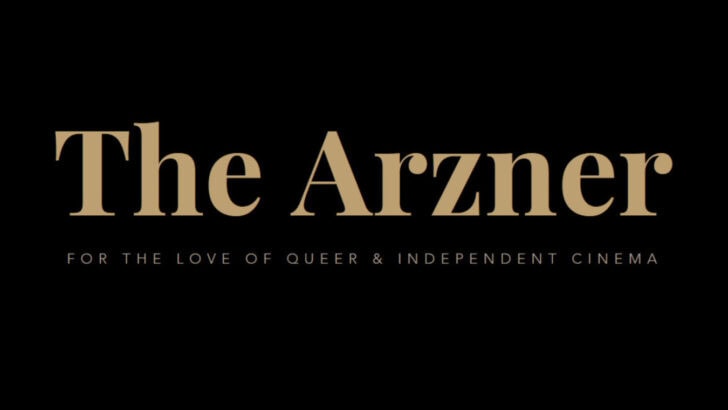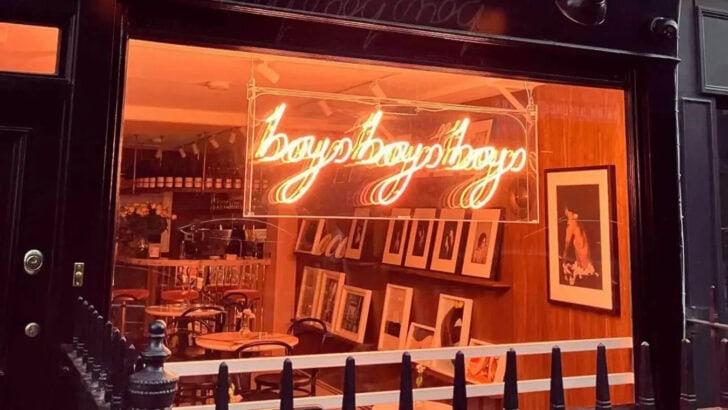The Metropolitan Police Service isn’t traditionally perceived as the most minority-friendly of institutions. But is this an outdated image for the modern police force? In Issue 999 of QX, we speak to two LGBT liaison officers from the MPS, plus a new recruit, about relations between the police and the LGBT communities of London, and ways of tackling hate crime.
TONY FORSYTH
MPS CENTRAL LGBT LIAISON OFFICER
Tell us a bit about yourself.
I’m an active detective sergeant leading the Metropolitan Police Service around all areas of hate crime and domestic abuse. I used to work on one of the community safety units on boroughs and they investigate all of our hate crime, and I was a LGBT liaison officer on that borough as well. And then I came to the central unit to have a more strategic overview.
What made you join the force in the first place?
I didn’t fancy a 9-5 job, I didn’t want anything that was too conventional and I wanted something where I could change within my role, so it was an ideal job to do that. It’s constantly changing. It’s one of the most challenging but rewarding jobs at the same time.
And how old were you when you joined?
About twenty-two. I’ve been in the force for nineteen years.
When were LGBT liaison officers introduced into the Met?
LGBT liaison officers were born from the tragic bombing of the Admiral Duncan pub in Soho in April 1999. As a result of that tragic incidence, the senior officers at that time realised we needed to have better community links with LGBT people, not only just around Soho but obviously for the impact it had around London nationally and internationally as well. And actually the feedback that we got from the community as well, was that it made an impact and difference to the way that LGBT communities saw the police beyond the uniform.
How do they go about recruiting LOs?
With regards to recruiting, it’s a voluntary role that the officers do. They do it in conjunction with their daytime job, and officers don’t have to be LGBT to be a liaison officer, but we do say that they have to have a good understanding of LGBT lifestyles and people so that they can professionally be able to give advice.
Are you gay yourself?
Yes.
From your own personal experience, have you seen a change in the Met since you joined in attitudes towards LGBT people?
I wouldn’t say things have changed only because I never experienced any kind of homophobia or hate crime, from the moment I joined the job up to my current role now. I’ve always been impressed by the way the Met treats their LGBT staff internally.
What about LGBT people in general externally?
The Met have worked really hard over the last ten years to use the organisational learning that we’ve had from tragic incidents and a lot of our community work that we’ve dealt with, as well. I think that’s really informed our current policies of where we are and how we train staff, and how we deal with operational matters. It’s a constant learning process and we definitely evolve around that. We have thirty-two community safety units across the boroughs with five hundred community safety officers who are trained to deal with all areas of hate crime, so not bespoke to LGBT, but hate crime is hate crime whether the person is ‘Black and Minority Ethicity’, LGBT etc.
If a gay person experiences a homophobically motivated attack, what should they do?
Report it, report it, report it. We always say to everyone by reporting a crime or incident, or even with people witnessing a hate crime, it enables us to build up a pattern of behaviour with profiles of hate crime incidences within the communities of London. Ideally, speak to a police officer or community support officer directly, but we also work with LGBT organisations like Gallop and Switchboard, who offer the facility where people can report information via a third party. It may be small to that person but it’s the bigger part of the jigsaw puzzle.
Do you think a lot of homophobic abuse being shouted in the street still goes unreported?
People might think it’s too minor to report, but it’s totally unacceptable. And sometimes people don’t realise it’s a crime so we’re working in hate crime education too. We might not be able to find the person who’s shouting abuse, but it builds up a bigger picture so please report it.
If someone in the LGBT community isn’t going to come immediately forward to the police, why do you think that is?
I think there is a definite barrier when we talk about uniforms via a person. Some people see the uniform rather than the person behind that. There’s also other reasons why things go unreported, down to personal circumstance and the type of crime that has happened to then. Offences that have happened in public sex environments, etc. But we’re not here to make judgements about people’s lifestyles, we’re here to make sure the perpetrators are held to account for their actions.
And finally, in general in London are you seeing a rise or fall in homophobic/hate crime?
In general, homophobic offences have increased by 5.6% and, whilst we have to be careful to celebrate a rise in any sort of crime, it could be because people are reporting them more. We believe that the increase is down to a growing willingness of the victims to report hate crime, the public in general are less accepting of hate crime against them, and that’s brilliant. As long as that increase is balanced with people being arrested and perpetrators being held to account, we’re comfortable with that rise. And when people come in and are arrested for a LGBT hate crime we do deal with them robustly.
MARK MCLELLAN
LAMBETH LGBT LIAISON OFFICER
When did your borough introduce LGBT liaison officers?
Around 2008.
What was the motivation for this?
It was a pan-London initiative and they wanted everyone to have at least one or two. I’m the lead liaison officer for Lambeth and we now have seven officers and staff who act as LGBT liaison officers.
When did you join the Met?
I joined the Met in 2000.
Have you seen attitudes change towards LGBT people?
I’ve had no harassment, no prejudice against me and we’ve turned into a massive family. In the response team, for example, you have six days on, then four days off, and then you’re back with the same team. So you almost feel like brothers and sisters.
You feel it’s an inclusive and supportive environment?
Very supportive, yes. And obviously the liaison officers aren’t just there for external community engagement, they’re there to support internal LGBT issues if there are any, which there haven’t been to date, thankfully.
If a gay person experiences homophobic abuse in Lambeth in particular, what are the guidelines?
Get a call in to us – 999 for emergencies, 101 for non-emergences. We work in partnership with Lambeth Council and they’ve got an online hate crime and online crime reporting system as well, and we’re also looking to establish third party reporting sites across Lambeth so that if you don’t want to come to the police direct you can go to a coffee shop or a community borough and report crime that way. I just stress, if it has happened, then report it.
And what initiatives are there to connect the LGBT community and the Met police in Lambeth?
We’re just started working with the new hate crime coordinator called Mark at Lambeth Council and we’re now going through a revamp of the Hate Crime Action Plan which brings in loads of different authorities. It brings in the council, the NHS primary care trust, the British Transport Police, and it’s that partnership and joined-up approach where we’re working with key groups and giving that message of report the crime.
“We might not be able to find the person who’s shouting abuse, but it builds up a bigger picture so please report it”
And if someone rang 101, could they ask to speak directly to a LGBT liaison officer?
Of course they could, yeah. And we’ve also got a LGBT mailbox, so if you didn’t want to report it and you just want to speak to someone, one of our LGBT officers, you can go via that way, and that’s on our Lambeth Police website.
And are there any plans to tackle the roots of hate crime in schools?
Yes, the Hate Crime Action Plan tackles primary roots, looking at kids at school age, working with the safer schools officers and getting into their curriculum and giving them some advice at the early stages.
KYLE MALONE
THAMES VALLEY POLICE
(JOINING THE MET IN SEPTEMBER)
I believe my career choice was influenced initially by my parents, as they had raised me with strong moral values and who themselves had pursued similar careers within the criminal justice field. As a child I was fascinated with the police and it was in my teens when I decided that I wanted to be an officer. I began my adult life with a variety of work experience within retail and office environments, however never felt as though I was making enough of a contribution to society.
Ultimately the continuous feeling of wanting more of a challenge and to help others encouraged and guided me towards a career within the police force. Upon starting my employment with the police four years ago, I did expect to be ‘the only gay in the village’, as I had come from a town where there wasn’t really an LGBT community and thought this may be the case in the work place as well. I was pleasantly surprised to find that several of my colleagues were in fact gay. Additionally, included in my pre-joining instructions for the role was information on the Gay Police Association (GPA) and other support networks within the organisation. The Thames Valley GPA often host social evenings that include cinema/theatre visits, dining out and camping trips which everyone is welcome to attend whether or not they are a member of the LGBT community.
“I haven’t ever experienced or been subjected to homophobia or prejudice because of my sexuality within the work place”
I felt very comfortable very quickly in coming out to my colleagues who simply acknowledged the fact, although a few female colleagues did express their disappointment! I haven’t ever experienced or been subjected to homophobia or prejudice because of my sexuality within the work place. Not only does the organisation adhere to its diversity policy which clearly states that any such behaviour will not be tolerated but I also work with some fantastic colleagues who are very broad-minded and non-judgemental, something that is a prerequisite for the role.


